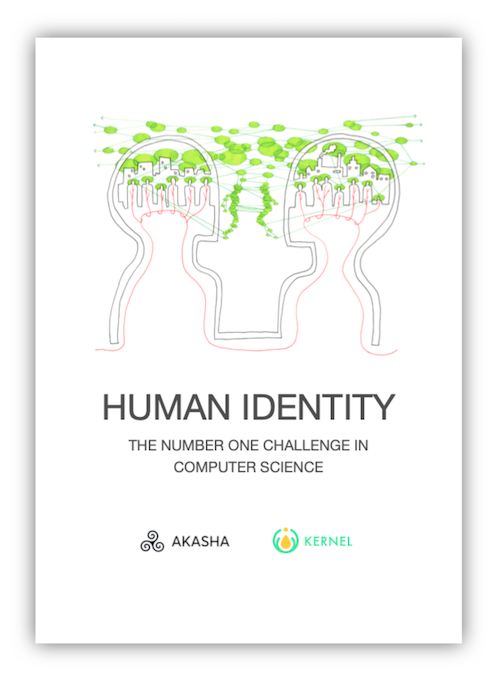Digitalizing human identity

Human identity is conceived slightly differently by each discipline in their varied attempts to explain the world and how our species survives and thrives. While they may have differences, they have one thing in common — none looks anything like digital identity.
Or perhaps I should write — digital identity looks nothing like human identity.
Computer science arrived at digital identity with an entirely different purpose in mind, namely selling its wares to governments and large organizations to manage inventories of users, citizens, and customers. Computer science adopted the tenets of legal and bureaucratic identity wholesale, inclined to consider people as just another machine for simplicity’s sake. This disparity may have been OK(ish) when ‘the digital’ was somewhat detached from ‘the real world’, but we’re at least fifteen years on now from that being the case.
The book Designing Regenerative Cultures opens with this Albert Einstein quote:
If I had an hour to solve a problem and my life depended on the solution, I would spend the first 55 minutes determining the proper question to ask, for once I know the proper question, I could solve the problem in less than five minutes.
During my four years with the AKASHA Foundation I have been refining ‘the proper question’ around the idea of approaching the digitalization of human identity primarily for psychological, sociological, and ecological health. Given this is quite a mouthful, I refer to it simply as generative identity. The research remains in the "determining the proper question to ask" phase, although I believe some light is now visible at the end of the tunnel. I also believe the accompanying critique of contemporary digital identity is very much improved, helping the reader fully appreciate not just the woeful inadequacy of current digital identity designs but their deeply insidious properties. Of course, you will be the best judge of that …
The report is published today, concluding my time with the Foundation — Human identity: the number one challenge in computer science. Please don’t hesitate to get in touch to let me know what you think.

🙌🏽 How to get involved
We need a plurality of minds and ideas to work out how decentralized
social networking should evolve. If you are interested in contributing
your superpowers to a community of pioneers focusing on a complex but
essential challenge for the decentralized web, the AKASHA Foundation’s
community is your place to be!
🗣️ Join The AKASHA Foundation’s Discourse ⚡️
Discuss, join working groups and read up about the latest
conversations, design and development efforts related to designing
decentralized social networking on our forum.
🚀 Join Ethereum World! ⚡️
Join us on our ride into the decentralized future of online social networks on akasha.ethereum.world.
